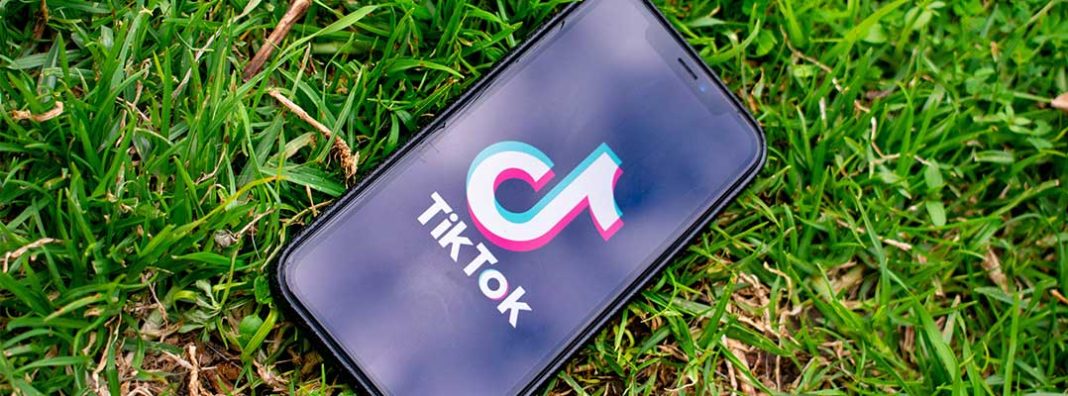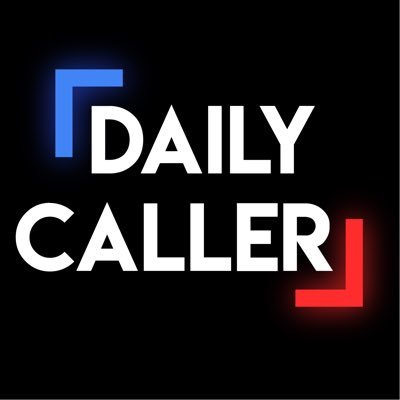
On August 6, the White House gave TikTok’s parent company in Beijing, ByteDance, 45 days to sell off the social media app or face a ban in the United States. Hours later, the Trump administration also dropped an executive order on Tencent, banning the WeChat app from phones with a similar deadline. Both are being targeted for their data practices.
Those in favor or opposed to the executive order on TikTok have created a false choice between an outright ban and doing nothing. This is wrong. There are a range of options the administration could take, but they all must begin with defining the clear harms caused by TikTok. We need the whole picture before outlining appropriate remedies.
According to the executive order, TikTok poses three kinds of risk. The administration accuses the Chinese government of using the app to collect data that might be used to track federal employees and blackmail them, censoring content that could be damaging to the Chinese Communist Party, and using the app in disinformation campaigns.
As for the claims around tracking and data collection, some reports suggest that TikTok is sending encrypted information back to China. This is known as exfiltration, and it is a serious charge. However, there is hardly enough evidence to convict.
French security researcher Elliot Alderson conducted a deep dive on these logs and found nothing unusual, saying, “in its current state, TikTok doesn’t have a suspicious behavior and is not exfiltrating unusual data.” He continued, “we would obtain similar results with Facebook, Snapchat, Instagram and others.”
The other two charges laid in the executive order against TikTok are more subtle, but are just as serious. Yet, close watchers of TikTok are skeptical of the claims of censorship in the United States. Analyst Eugene Wei noted, “I tend to think that problem is overrated because my sense is that many in China still don’t understand the nuances of American culture, just as America doesn’t understand theirs.”
Rather, the evidence suggests the company is focusing more on privacy and transparency. In July, it pulled out of Hong Kong because it didn’t want to comply with China’s censorship standards and requests for data. The company has also reinstated videos condemning Beijing’s crackdown on Muslims that were wrongfully taken down. Earlier in August, TikTok announced that they are disclosing their algorithms, moderation policies and data flows to regulators for review. If the White House wanted to investigate the company to see if they were censoring content and waging disinformation campaigns, TikTok would hand over the evidence.
While those in favor of banning TikTok highlight the benefits, there are clear downsides as well. For one, banning apps like WeChat and TikTok close off American companies from foreign markets. One recent report estimates that Apple would suffer 25–30 percent decline in global sales if these apps were not available. Moreover, the White House would likely be entangled in undoing years of deals between Tencent and the startup ecosystem where it has invested billions. Finally, the move would embolden techno-nationalist voices within China to take even harder stances on the United States.
Most importantly, banning TikTok removes the soft influence that the U.S. market could play in shaping one of the most valuable tech companies in the world. In fact, the company seems to be struggling to pull itself away from its Chinese roots. All of the small shifts to capture the large international market have caused a backlash in China, where the founder is routinely called “a traitor of China, a coward, and an American apologist.”
At a gut-level, the move by the White House feels satisfying. Finally, the president is doing something to curb Chinese overtures on the Internet. But the ban does little to push back on the actual rights violations by the Chinese government. Instead, the president should be more forceful in calling out China for surveilling and oppressing Uighurs, while also showing more support for protesters in Hong Kong that are crying out for democracy and freedom.
While Trump can make a strong argument that he has the legal authority to enforce a ban, it is not prudent. What separates the United States from China is that we rely on open debate and due process. We should find more proof of wrongdoing. Thoughtful, targeted responses are needed, not blanket bans.


 Daily Caller
Daily Caller